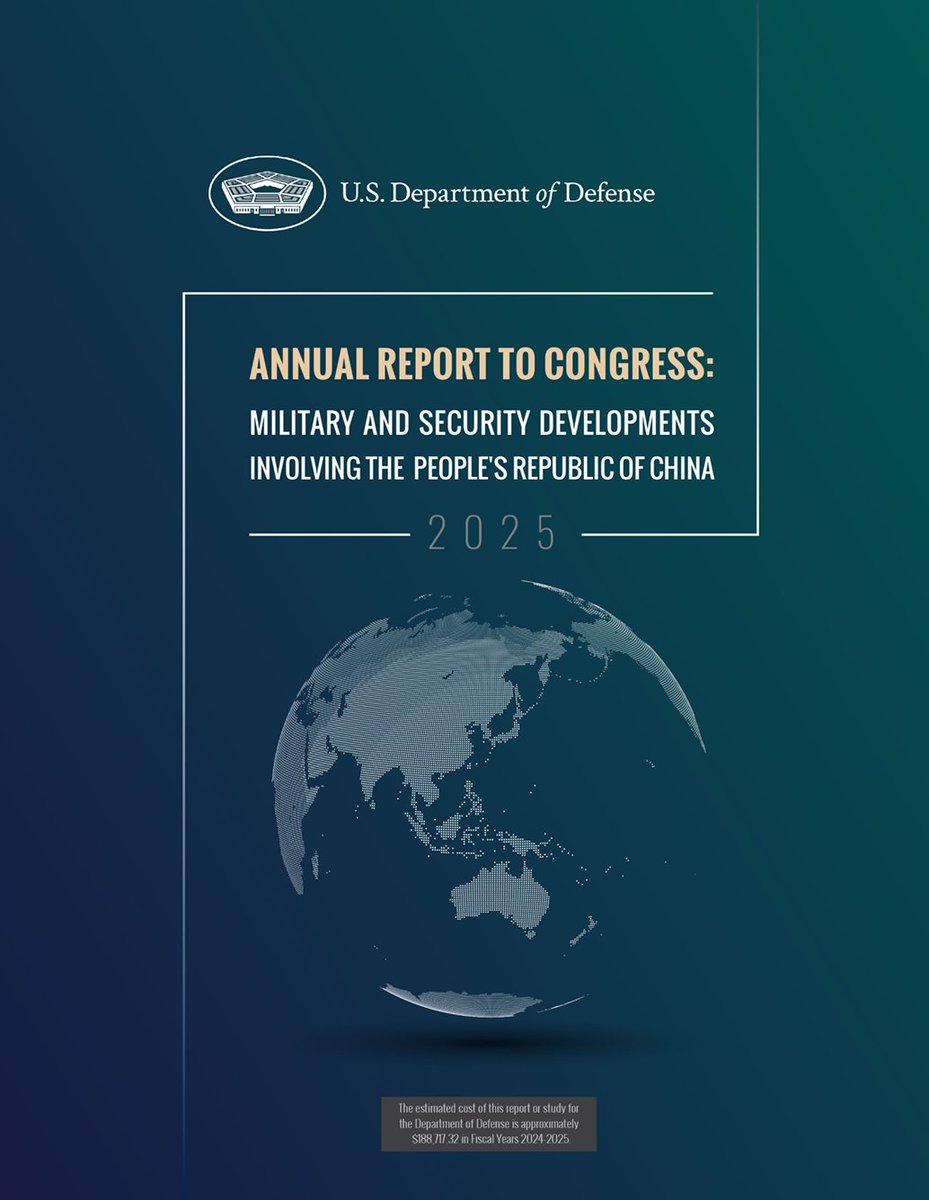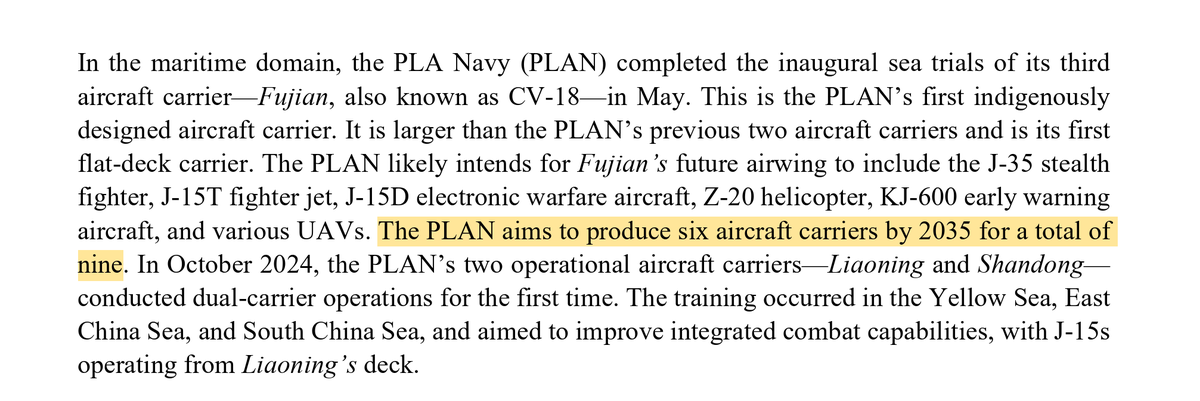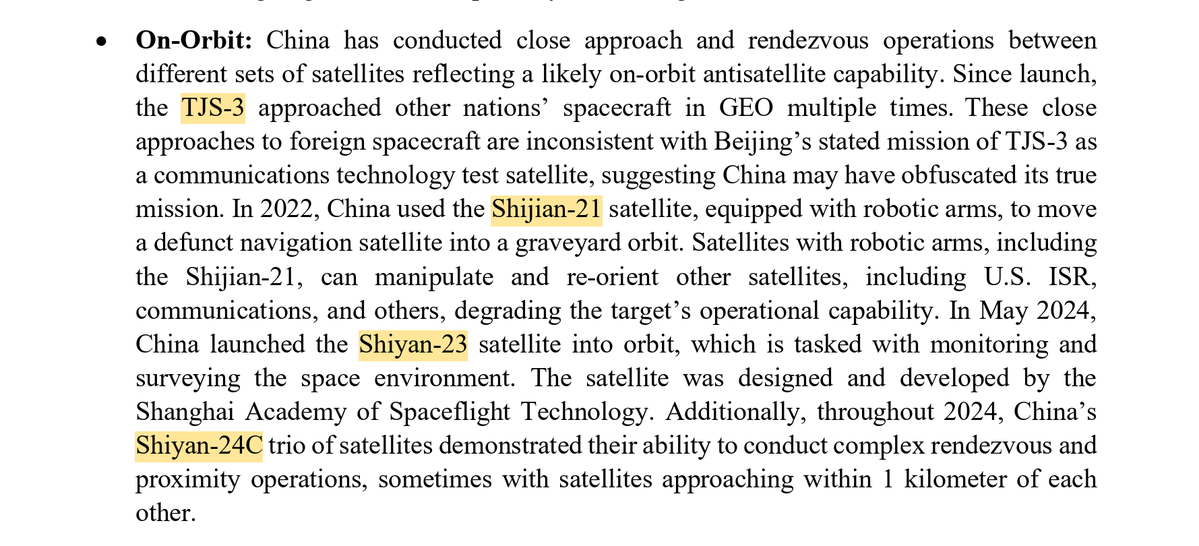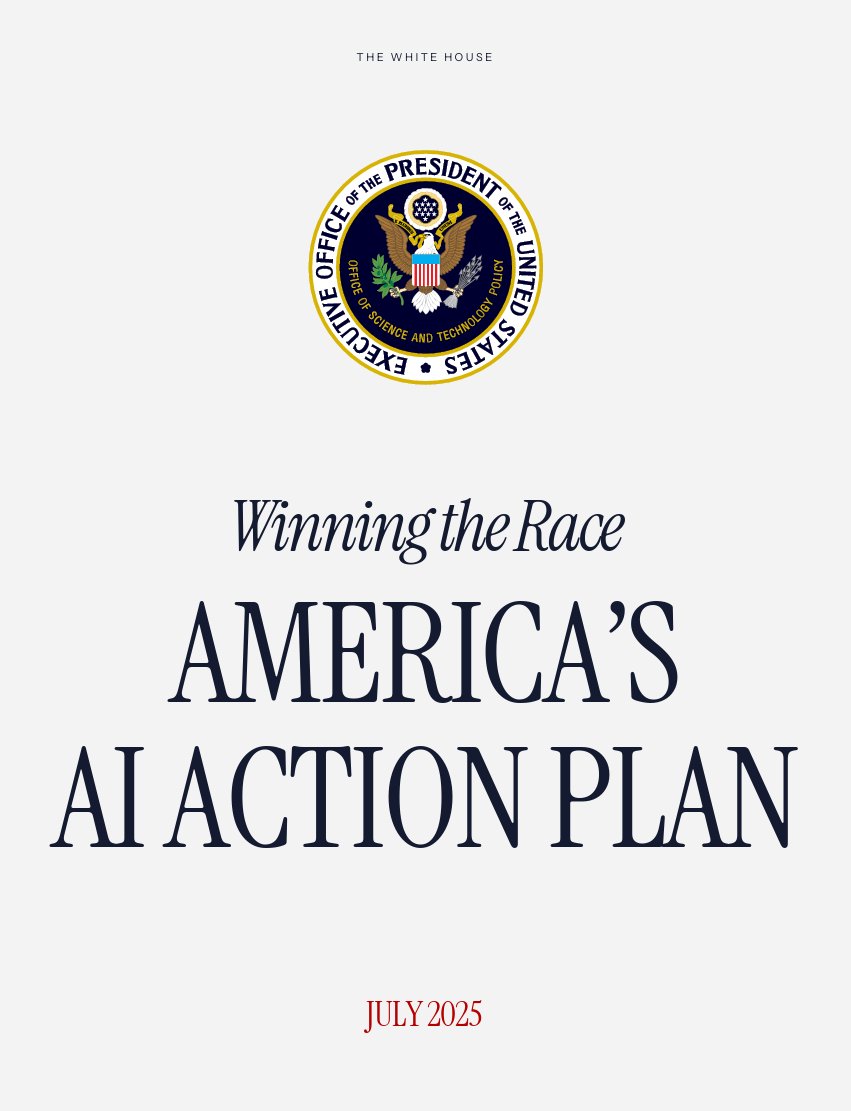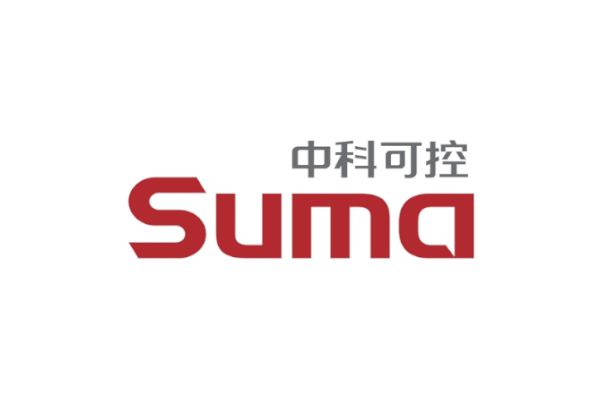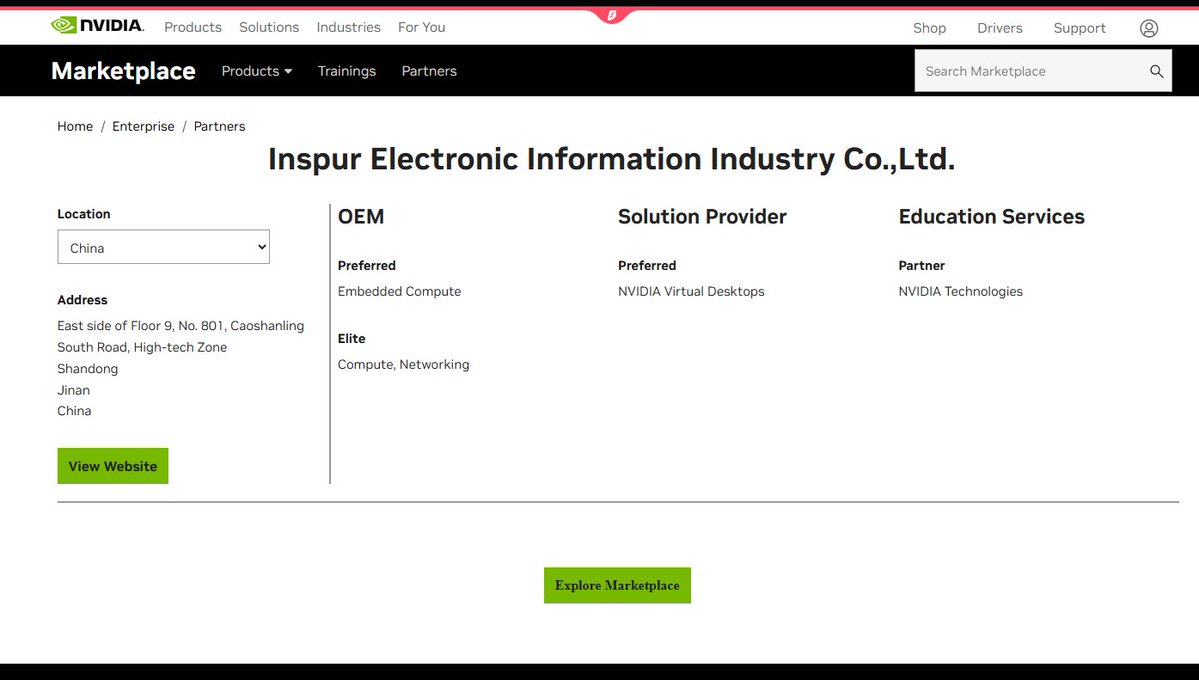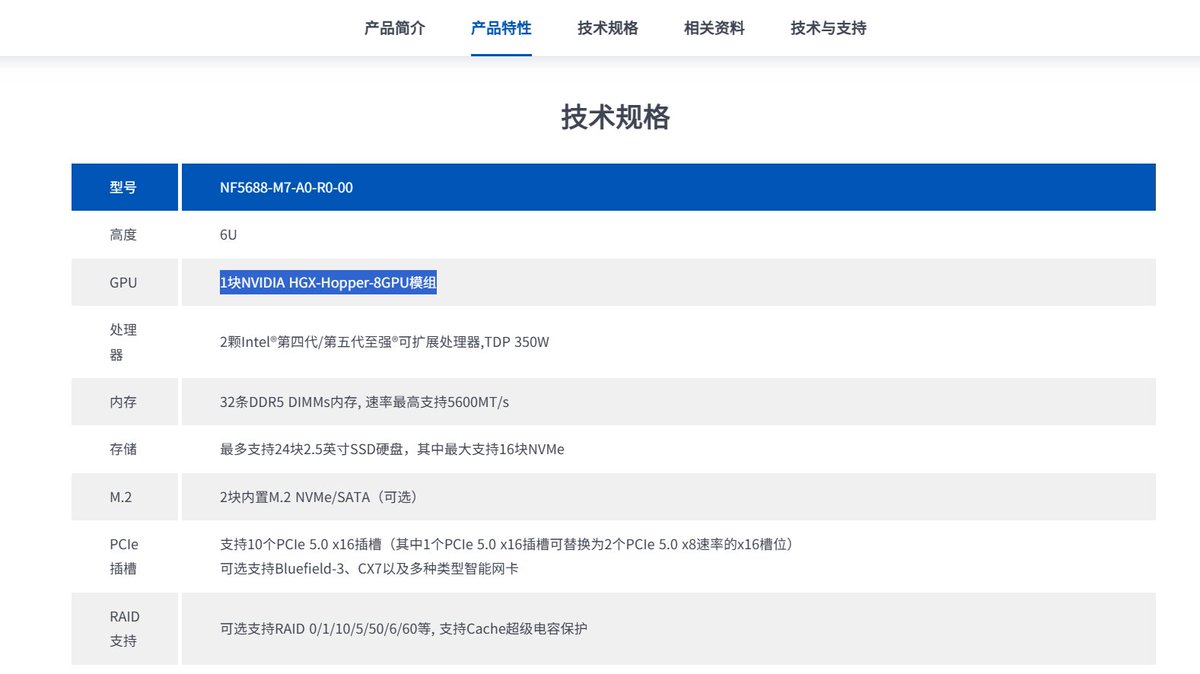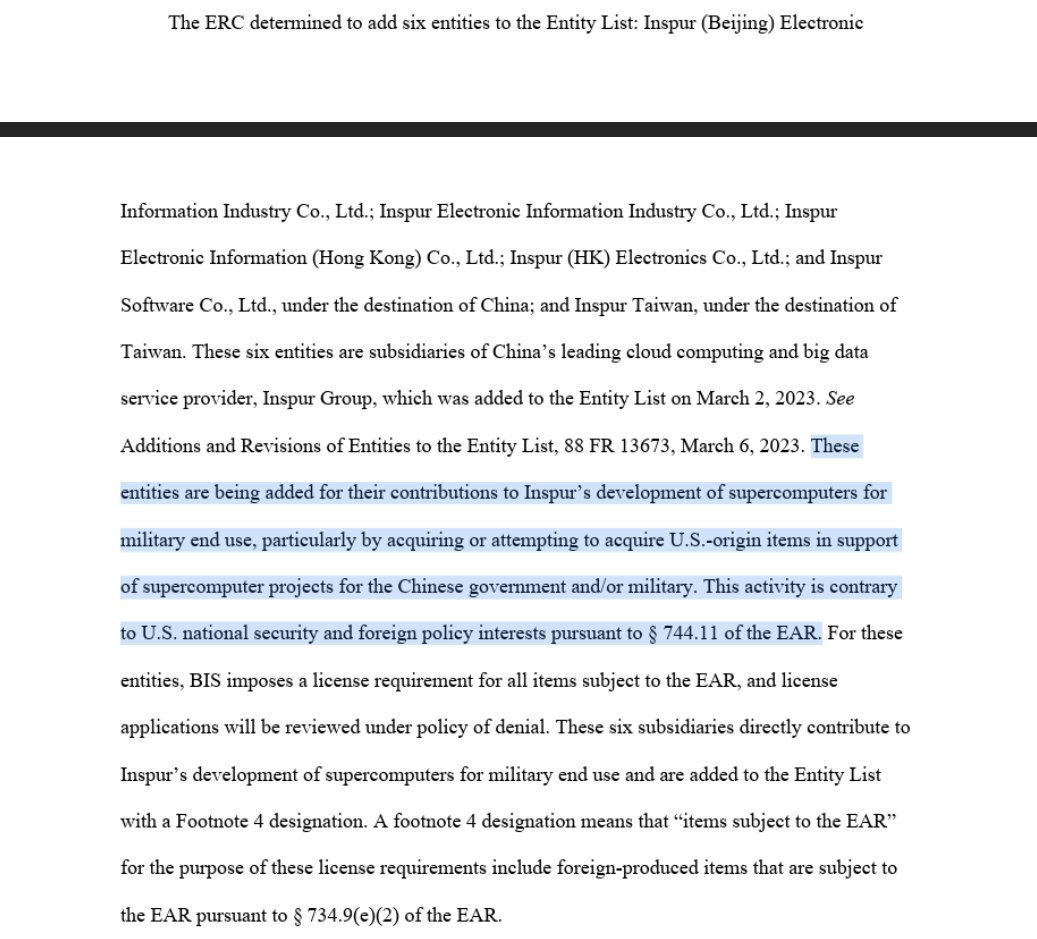This summer, @CSETGeorgetown has been publishing a whirlwind of papers about #AI and China's efforts to acquire it. Some projects have been months or years in the making. In case you missed them, here's a roundup of data-driven analyses I'm proud to have contributed to:
2/ On the military side of things, we wanted to know how PLA officers and defense engineers envision using AI in future warfare. It turns out the PLA is facing major hurdles in AI development: limited access to data, workforce issues, and a dearth of GPUs:
cset.georgetown.edu/research/chine…
cset.georgetown.edu/research/chine…
3/ That dovetails nicely with a more fundamental question: How is data used in military applications of AI, and can we measure whether 🇺🇸 or 🇨🇳 has a "data advantage"? With @HsjChahal and @carrickflynn, we uncovered the messy reality:
cset.georgetown.edu/research/messi…
cset.georgetown.edu/research/messi…
4/ To make strides in AI and other technologies, China has to overcome its immigration disadvantage. Talent plans are a key tool here. But @jacob_feldgoise and I were surprised that few Thousand Talents return to support the 🇨🇳 defense industry: cset.georgetown.edu/research/the-y…
5/ So China's foreign tech acquisition is mainly confined to commercial & foundational tech. But to acquire it, the CCP relies on a network of non-traditional collectors, which spans hundreds of professional associations. @emily_sw1 and I profiled them:
cset.georgetown.edu/research/overs…
cset.georgetown.edu/research/overs…
6/ In some cases, the CCP also targets students. But this is usually more a question of getting them to come back to China than anything else. The more concerning trend is in partnerships btw foreign universities & China's Seven Sons of National Defense: cset.georgetown.edu/research/the-c…
7/ You can read about all this and more in a forthcoming book, written and edited by some of the smartest people in this field: amazon.com/Chinas-Quest-F….
9/ If you haven't already, it goes without saying, follow @CSETGeorgetown. It's a privilege to work with and learn from such a brilliant group of people. And guess what? You can, too! We're hiring data analysts and external affairs specialists: cset.georgetown.edu/careers/
• • •
Missing some Tweet in this thread? You can try to
force a refresh


